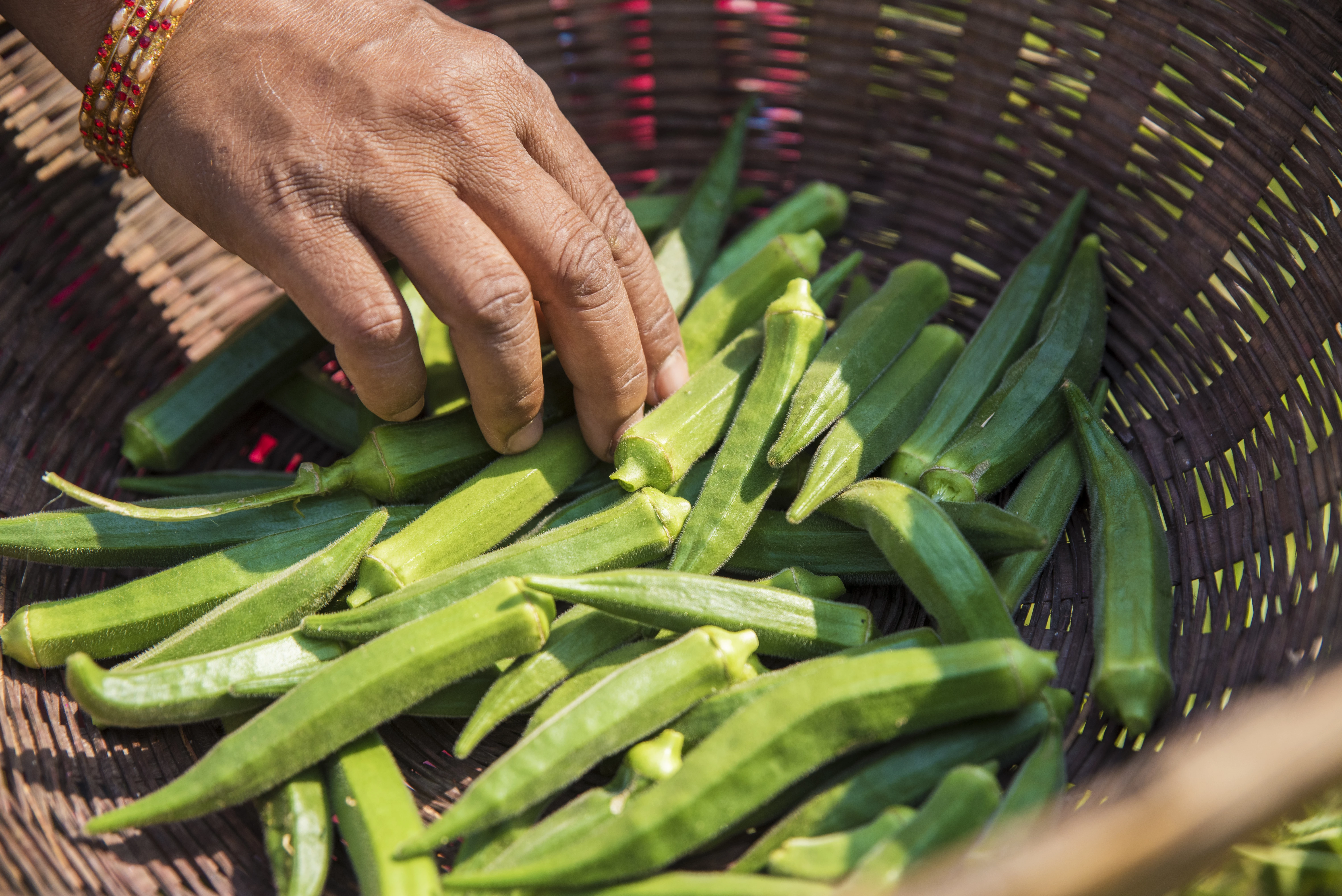Partners
Working together to achieve a common goal
The GRAPE programme is funded by the European Union (EU), the Ministry for Foreign Affairs of Finland and the German Federal Ministry for Economic Cooperation and Development (BMZ) and it has been implemented by GIZ. It promotes green, sustainable, and inclusive development and contributes to promote green economic growth in Karnali and Sudurpaschim region.
Several partners support the implementation of the Grape programme:
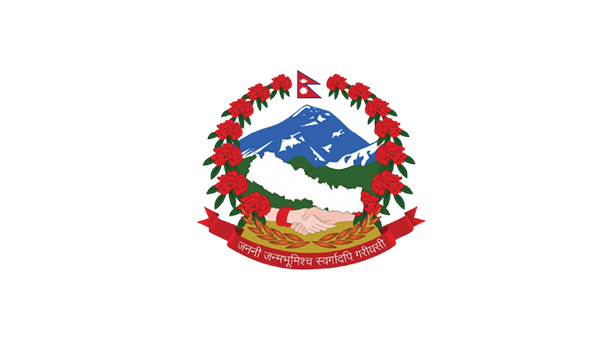
The Ministry of Land Management, Cooperatives and Poverty Alleviation (MoLCPA)
The Ministry of Land Management, Cooperatives and Poverty Alleviation is a governmental ministry of Nepal responsible for land administration and management activities which ensures efficient and effective administration and sustainable management of available land resources throughout the country.
The GRAPE programme is implemented under the lead of the Ministry of Land Management, Cooperatives and Poverty Alleviation
Visit website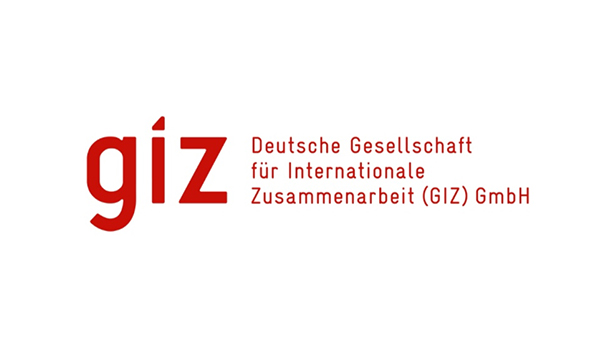
Deutsche Gesellschaft für Internationale Zusammenarbeit (GIZ) GmbH
Deutsche Gesellschaft für Internationale Zusammenarbeit (GIZ) GmbH is a federally owned enterprise, operating in many fields across more than 130 countries worldwide. As a federal enterprise, GIZ supports the German Government in achieving its objectives in the field of international cooperation for sustainable development.
GIZ is commissioned with the implementation of GRAPE. The GIZ team ensures the planning and implementation of all fields of action. It ensures cooperation between the implementing partners, supports communication, and assists in setting up of contracts with implementers. In its work, GIZ focuses on the principles of sustainable development, result orientation, economic viability, knowledge management, and inclusiveness.
Visit website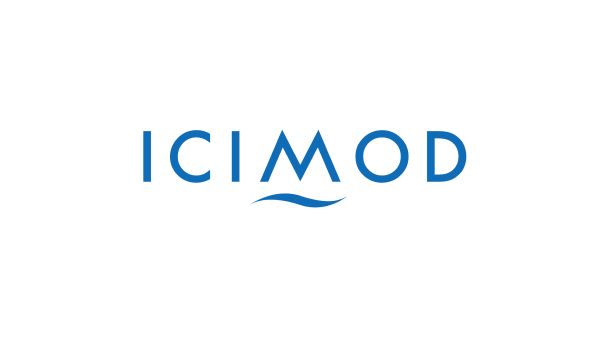
International Centre for Integrated Mountain Development (ICIMOD)
The International Centre for Integrated Mountain Development (ICIMOD) is an intergovernmental knowledge and learning centre working on behalf of the people of the Hindu Kush Himalaya (HKH). ICIMOD is based in Kathmandu, Nepal and works in and for its eight regional member countries – Afghanistan, Bangladesh, Bhutan, China, India, Myanmar, Nepal, and Pakistan.
ICIMOD takes the lead in implementing GRAPE field of action 2 (action research). ICIMOD and their partners cooperate with farmers and other value chain actors to test which practices and technologies support the climate resilience of selected agricultural value chains. Together, they foster climate- resilient food production and enhance digital access for farmers with the help of agro-advisories, weather forecasting, and market information services in selected sites. Together with other partners of the GRAPE project, approaches and innovative solutions are applied in partner municipalities and beyond. ICIMOD also supports the dissemination of knowledge and experience in field of action 4.
Visit website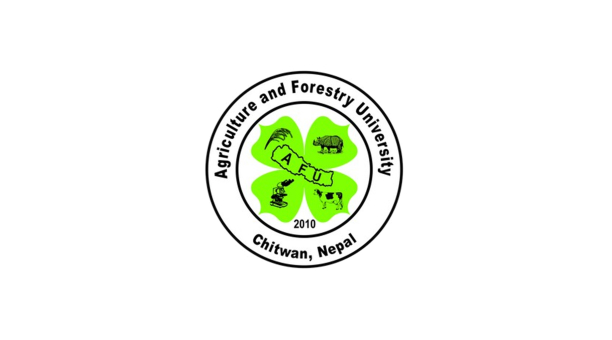
Agriculture and Forestry University (AFU)
Agriculture and Forestry University (AFU) is the first technical university in Nepal. Located in Rampur, Chitwan, Nepal, AFU is committed to all round development of agriculture, livestock, aquaculture, and forestry to raise the socio-economic conditions of rural people through quality teaching, research, and extension. The university aims at producing skilled human resources required to work on quality research and development in agriculture.
Within GRAPE, and together with ICIMOD and other partners, AFU conducts action research on Climate Resilient Agriculture (CRA) practices and makes this knowledge available in target-oriented knowledge products. AFU supports students and NGOs with technical expertise, research approaches and monitoring of action-research. Building on practical knowledge from the action-research, AFU aims to take up good practices and learnings in their university curricula.
Visit website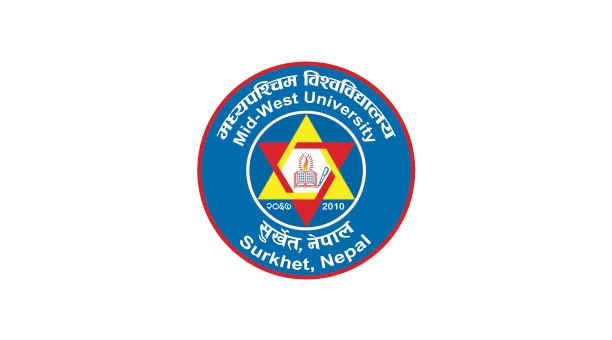
Mid-West University (MWU)
Mid-West University (MWU) is a government supported higher education institution. The constituent campuses of the University and the Central Administration Office are in Birendranagar Municipality, in the district of Surkhet, Nepal. MWU is dedicated to becoming a centre of academic excellence in learning, teaching and research.
Under field of action 2, MWU, in cooperation with AFU and CEAPRED, identifies and conducts action research on Climate Resilient Agriculture (CRA) technologies in Karnali province. Through workshops and seminars, they share results and knowledge with stakeholders on provincial, national, and international level. MWU aims to integrate good practices and learnings in their university curricula.
Visit website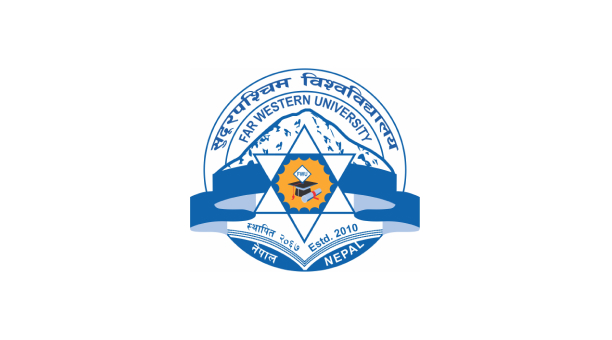
Far Western University (FWU)
Far Western University (FWU) is a government supported national university. The central office of the university is located at Bhimdatta Municipality of Kanchanpur district, Nepal. FWU is committed to delivering quality education alongside fostering and enhancing research and innovation that is responsive to the requirements of the society.
Under the field of action 2, FWU, together with AFU and LI-BIRD, identifies and conducts action research on Climate Resilient Agriculture (CRA) technologies in Sudurpashchim province. Through workshops and seminars, they share results and knowledge with stakeholders on provincial, national, and international levels. FWU aims to integrate good practices and learnings in their university curricula.
Visit website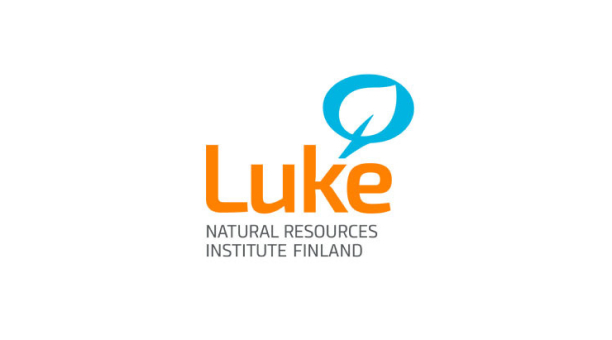
Natural Resources Institute Finland (LUKE)
The Natural Resources Institute Finland (LUKE) is a research organisation operating under the Ministry of Agriculture and Forestry of Finland. Luke is committed to promoting competitive business, based on the sustainable use of renewable natural resources, as well as wellbeing and the vitality of the countryside.
LUKE supports municipal planning by conducting foresight workshops with partner municipalities and providing advisory on food systems. In cooperation with GRAPE partner municipalities from Western Nepal, they conduct seminars for students and support joint research between students from both Nepal and abroad.
Visit website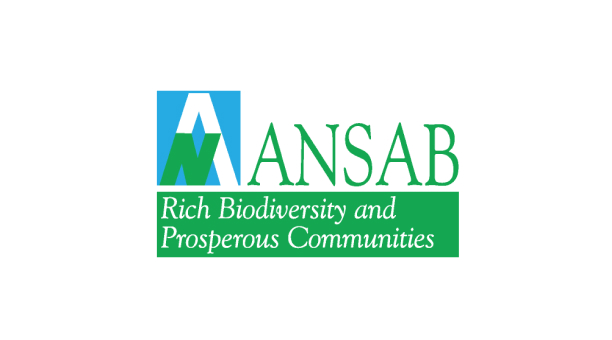
Asia Network for Sustainable Agriculture and Bioresources (ANSAB)
Asia Network for Sustainable Agriculture and Bioresources (ANSAB) is a not for profit, non-governmental organisation. ANSAB is committed to biodiversity conservation and livelihood improvement across rural South Asia. It works to improve the livelihoods of the poorest, while bolstering national economic development and addressing climate change.
ANSAB supports the use of proven Climate Resilient Agriculture (CRA) measures in Karnali province. The initiative considers the potentials and challenges of the agriculture sector of mountain districts, including erratic climate systems coupled with resource degradation, fragmented land holdings, poor market linkages and labour shortages. ANSAB’s work supports food security, decent incomes, and increased community resiliency.
Visit website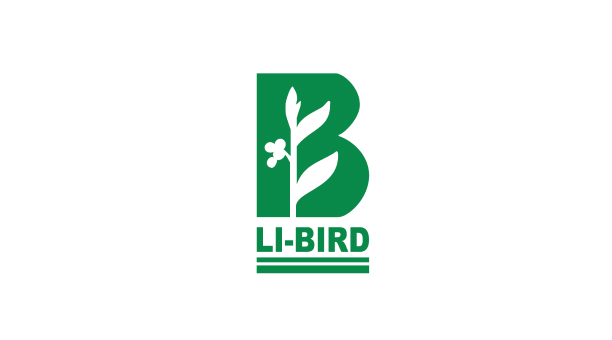
Local Initiatives for Biodiversity, Research and Development (LI-BIRD)
Local Initiatives for Biodiversity, Research and Development (LI-BIRD) is a non-profit making, non- governmental organisation. LI-BIRD is committed to capitalising on local resources, innovations, and institutions for sustainable management of natural resources to improve the livelihoods of smallholder farmers.
Within GRAPE, LI-BIRD cooperates with ICIMOD in conducting action research (field of action 2) and supports the use of proven Climate Smart Agriculture (CSA) measures supporting selected agriculture value chains (field of action 3). By creating awareness about the impacts of climate change on the agriculture sector and supporting the use of proven CSA technologies and practices, LI-BIRD supports communities both within the target municipalities and beyond.
Visit website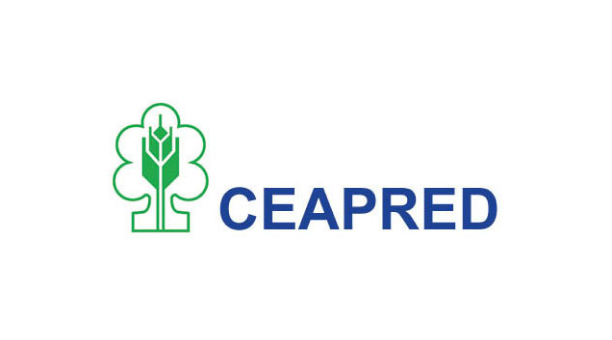
The Centre for Environment and Agricultural Policy Research, Extension and Development (CEAPRED)
The Centre for Environmental and Agricultural Policy Research, Extension and Development (CEAPRED) is a non-profit, non-political, and non-government organisation. CEAPRED is committed to an inclusive and sustainable rural and agricultural growth, contributing to poverty alleviation and livelihood improvement of poor and disadvantaged communities in Nepal.
In GRAPE, CEAPRED cooperates with ICIMOD and several partner universities in testing climate-resilient technologies and demonstrating proven Climate Resilient Agriculture (CRA) practices and technologies in farmers' fields across GRAPE’s partner municipalities in Karnali province. Within their work in GRAPE, CEAPRED trains farmers and relevant stakeholders on CRA and fosters knowledge through workshops, and exposure visits.
Visit website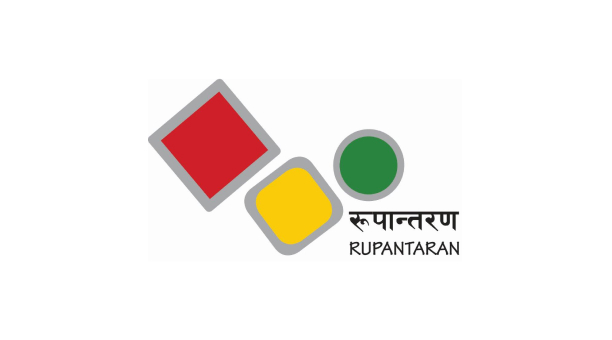
Rupantaran Nepal
Rupantaran Nepal is a not-for-profit, non-political, and non-government organisation. Rupantaran is committed to transformation in natural resources, resource users and resource institutions through knowledge, actions, and partnerships.
Rupantaran Nepal supports GRAPE in understanding climate change issues specific to the partner municipalities. They assess the impact of climate change on the agriculture and livestock sector in GRAPE’s partner municipalities. In a participative process, Rupantaran has assessed existing local strategies and planning documents, to identify the gaps in previously identified challenges and the actions taken by respective municipalities. This work contributes to field of action 1, in which partner municipalities are supported in identifying activities to be integrated in their local planning.
As a partner of Finn Church Aid (FCA), Rupantaran also conducts climate field schools for more marginalised farmers’ groups in the programme’s partner municipalities.
Visit website
Finn Church Aid (FCA)
Finn Church Aid (FCA) is Finland's largest international organisation working for development and humanitarian assistance. FCA specialises in the world’s most fragile contexts and works with the most vulnerable people, within their priority areas of Education, Livelihood and Peace.
FCA supports GRAPE in promoting Climate Resilient Agriculture (CRA), in conveying information and knowledge to farmers, and in sharing knowledge and creating lasting cooperation in the wider ecosystem (Agriculture Knowledge and Innovation System, AKIS).
Together with Rupantaran, they conduct gender and disability responsive Climate Field Schools supporting value chain producers from marginalised groups. As part of this process, agriculture and livestock technicians can increase their ability to reach out to respective groups. In cooperation with local radios, the knowledge and advisory work reaches farmers and value chain actors in and outside the project locations. Visual guides and other target-specific communication materials support awareness building and knowledge sharing at all levels. By setting up a Community of Practice (CoP), cooperation between non-government organisations (NGOs and INGOs) is supported, creating partnerships, and supporting the use of CRA practices.
Visit website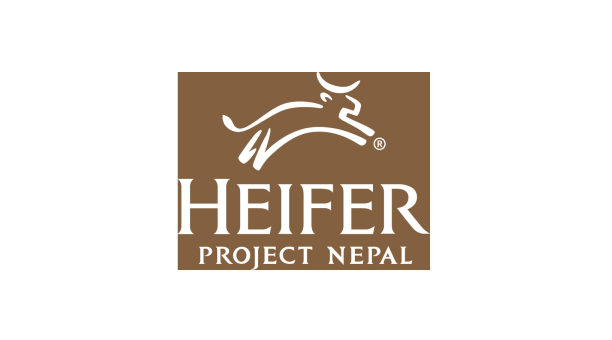
Heifer International Nepal
Heifer International is a global development organisation dedicated to end hunger and poverty in a sustainable way. Heifer Nepal closely works with farmers in raising quality livestock, improving nutrition and increasing incomes with modern training and access to markets.
Heifer International Nepal, in collaboration with partner municipalities and other related local stakeholders, aims to build climate resilience of smallholder livestock farmers involved in existing goat and dairy farming, in Karnali and Sudurpashchim provinces.
Visit website
Geokrishi - Digitalizing Agriculture in Nepal
GeoKrishi is a web and mobile application developed by Pathway Technologies Pvt. Ltd. GeoKrishi Farm App provides a comprehensive digital agriculture platform built to solve challenges faced by commercial and smallholder farmers.
GeoKrishi provides a digital agriculture platform, a data-driven approach translating knowledge into actionable, timely, and context-specific advisory. Advisory covers all stages of the crop value chain. In GRAPE, climate resilient agriculture related knowledge is integrated in the publicly accessible part of the app, and partner municipalities receive access to the advisory of GeoKrishi to support farmers with tailored advice and resources.
Visit websiteGlobal Shapers Kathmandu Hub
The Global Shapers Community, an initiative of the World Economic Forum, is a network of city-based hubs developed and led by young leaders aged between 18 and 30 years old who strive to develop their leadership potential toward serving the society. Kathmandu Hub was formed in 2012 bringing together youth from diverse backgrounds united in their collective goal to shape a more equitable, inclusive, and greener future for our community and currently works across broad topics of Mental Health, Education, Climate Change, Civic Engagement among various other themes.
Within GRAPE, Kathmandu Hub has produced a significant impact in educating the youth and engaging young voices on the topic of climate-resilience and agriculture. They have been providing invaluable contributions in promoting green economy amongst the young generation in Sudurpaschim and Karnali provinces.
Visit website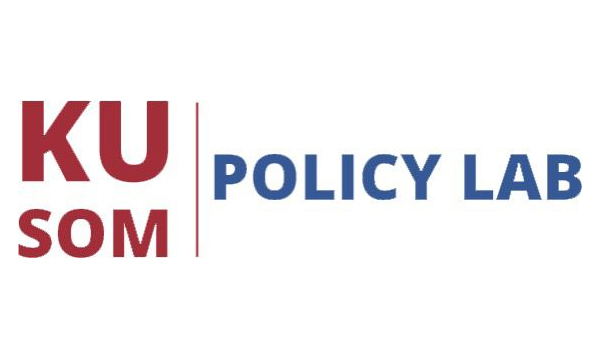
KU SOM Policy Lab
The KU SOM Policy Lab is the public policy think tank and a platform within Kathmandu University School of Management (KUSOM). The think tank aims to approach public policy problems in Nepal with a group of specialist team, university students, and experts working in a creative space to analyze complex policies, evaluate, and recommend policy reformation required to serve the interest of the general public.
With GRAPE, KU SOM Policy Lab is facilitating local governments for the formulation of Municipal Agriculture Development Strategic Action Plans (MADSAP) in all our 19 partner municipalities and strives to create a robust framework for sustainable agricultural development through participatory and inclusive processes.
Visit website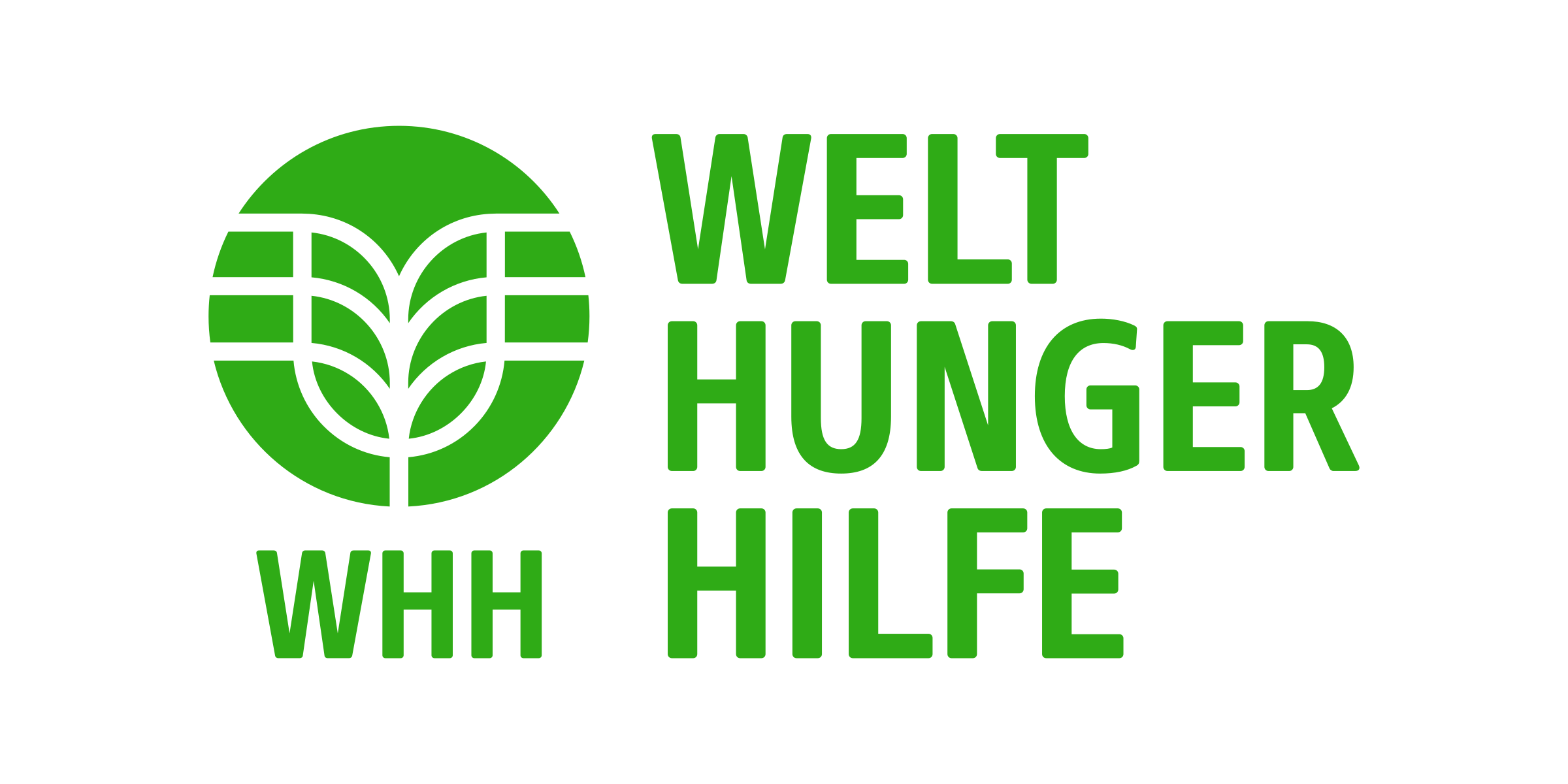
WeltHungerHilfe (WHH)
Welthungerhilfe (WHH) Nepal is dedicated to empowering local communities through enhanced food and nutrition security. WHH works with the civil society to empower socially marginalized and economically poor citizens to ensure their right to adequate food and nutrition. They are working in 11 districts of Madhesh, Bagmati, Lumbini, Karnali and Sudurpaschim provinces in six thematic ares such as Agriculture and Environment; Water, Sanitation and Hygiene; Food and Nutrition; Economic Development; Humanitarian and Civil society including Social Empowerment.
With GRAPE, WHH focuses on agro-ecological approach to address the needs and aspirations of the community through innovative and transformative interventions. Together with our implementing partner, Youth Innovation Lab, it has been implementing “Business Incubation for Strengthened Local Agri-food Systems in Karnali” project with the aim to enhance green marketplaces in Karnali province by providing business incubation services to 300 agri-entrepreneurs or ecopreneurs along with 40 business intermediaries focusing on creating environmentally sustainable businesses.
Visit website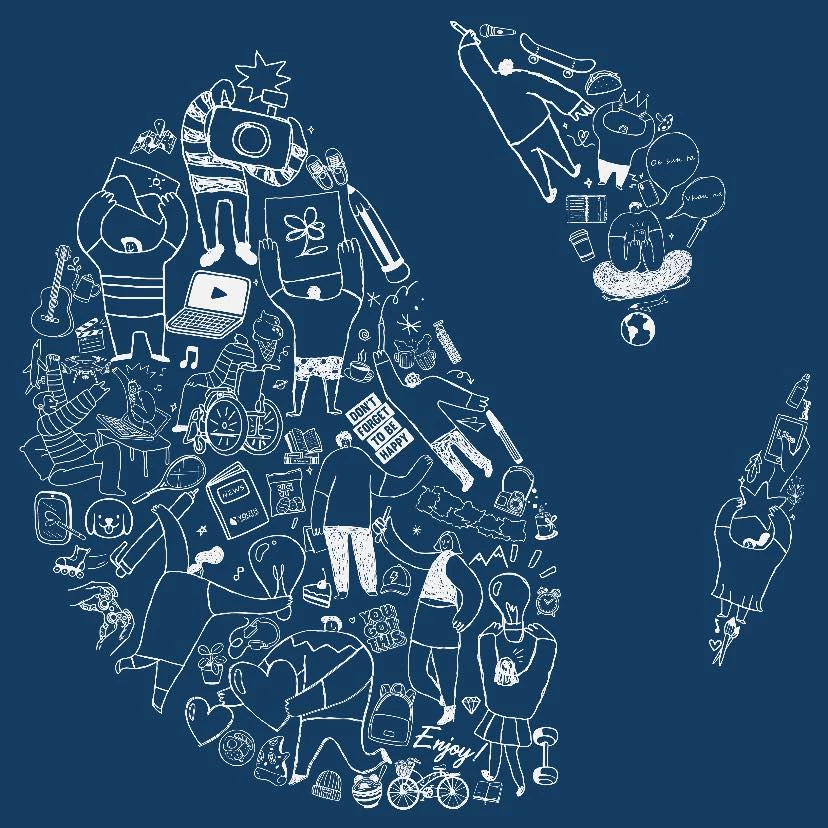
Youth Innovation Lab
Youth Innovation Lab is a not-for-profit company that operates at the intersection of emerging cutting-edge technologies and their applications, equipping young professionals to address new challenges. Its mission is to engage young people in bridging science to people and policy through innovation. YI-Lab leverages indigenous knowledge and a citizen science approach, develops low-cost technological solutions, promotes open data and entrepreneurship, and conducts evidence-based advocacy campaigns.
YI-Lab together with WeltHungerHilfe (WHH) supports GRAPE in championing innovation and technology. They work with young innovators like ecopreneurs and agri-entrepreneurs to make a difference by providing them with the tools and support they require to make a positive impact in their communities.
Visit website
The Organic Valley Pvt Ltd.
The Organic Valley (TOV), a private enterprise, is a pioneer private sector in promoting organic agriculture and food practices in Nepal. Organic semi-processed spices like Ginger, Turmeric, Himalaya Pepper, Cardamom, etc. are on the product list of TOV which are exported to the EU, mainly the Martin Bauer Group.
The TOV factory is located in Bheriganga Municipality, Surkhet where the spices are processed for export.
In partnership with the GRAPE project, TOV works with over 500 farmers and five cooperatives involved in the cultivation of citrus, ginger, and nettle. This collaboration focuses on supporting and capacitating these farmers in production, obtaining organic certification, and processing these crops. To expand the production and processing base, a satellite unit is being established in Kailali, Chure Rural Municipality of Sudurpashchim Province.
Visit website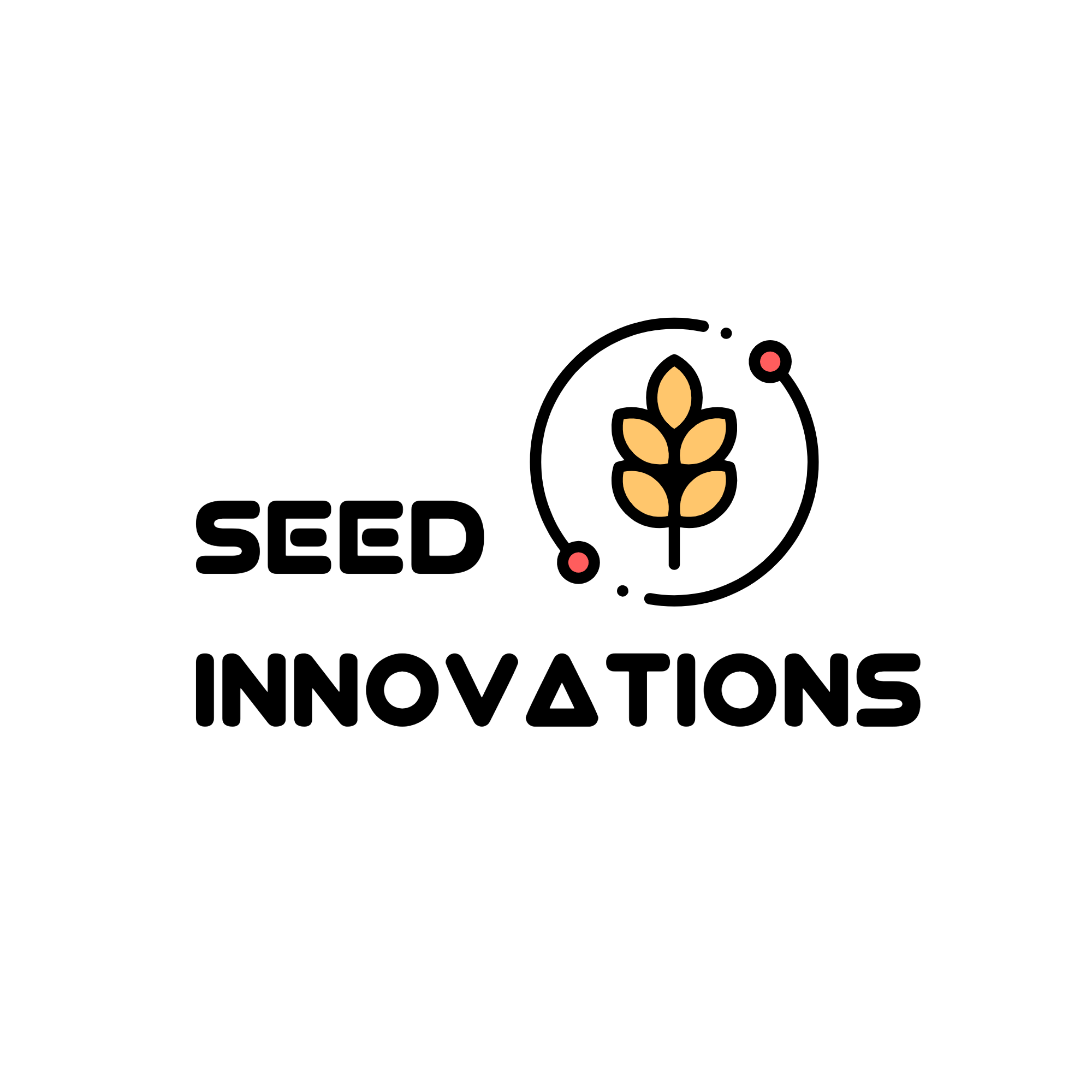
Seed Innovations
Seed Innovations Pvt. Ltd. (SI) is an agritech startup in Nepal that empowers farmers to make data-driven, climate-smart agriculture decisions. Its digital platform “PlantSat” offers digital advisory services, satellite/weather-based decision support, and access to agriculture insurance and credit products, connecting farmers, insurers, banks and extension officers. We aim to increase agricultural resilience, productivity, and incomes, as well as improve food security, digital literacy, inclusivity, and long-term economic benefits through innovation.
It is piloting a project to provide digital climate risk insurance and satellite-integrated extension services to potato and orange farmers in Dailekh, Doti, and Dadeldhura districts under GRAPE. This innovative project aims to equip farmers with digital tools to manage risks associated with climate change, pests, and diseases and facilitate enrollment in government-subsidized crop insurance through a user-friendly mobile app. Similarly, it provides satellite-based data and best management practices (BMPs) to optimize farm management
and boost yields.



